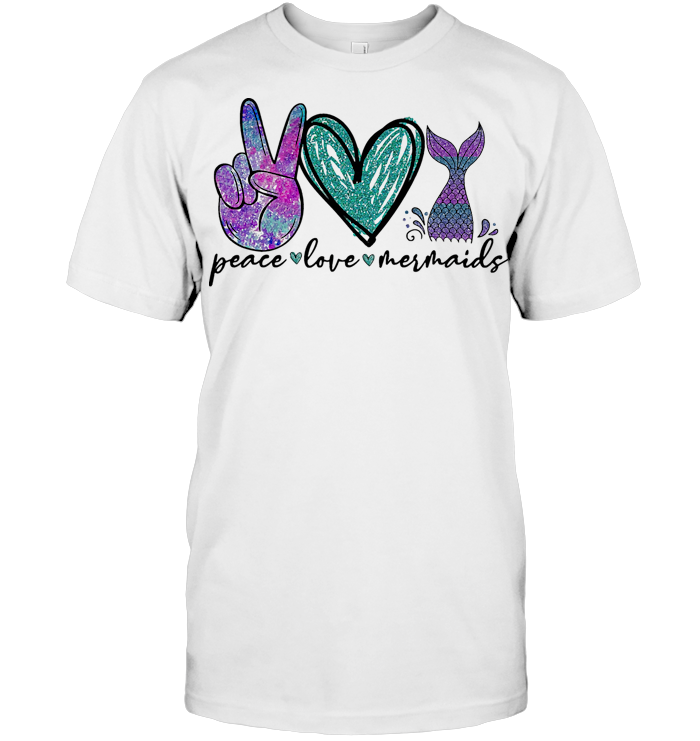From that day on, the Meowdy Cowboy Vintage Tee Shrits But I will love this pair spent hours at a time collecting feedback on the concept, researching the global fish market, and figuring out how to source the fish; the latter of which meant hopping on 6 a.m. Zoom calls with Portuguese and Spanish canneries. During their deep dive, they also drew on their own experience with the European culture of conservas, the centuries-old craft of canning premium fish and seafood. “I lived in Granada, Spain for a few months, and fell in love with the artfulness,” explains Millstein. “The whole experience seemed to represent a wonderful marriage of elevated cuisine, and a casual, relaxed way of enjoying food with others.” Similarly, Goldfarb treats the Spanish and Portuguese conservas she procured like objets d’art. “I traveled to Portugal a couple years back, and remember my amazement when walking in Lisbon and Porto and seeing shops that displayed rows upon rows of gorgeously packaged tinned fish,” explains Goldfarb. But what excited them most is how well the concept fits into modern American life: Sustainable, affordable, convenient, and packed with health benefits—fatty fish, such as sardines and salmons, are packed with heart-healthy omega-3s.
Fishwife’s moniker—a reference to the Meowdy Cowboy Vintage Tee Shrits But I will love this 17th century-era slang term used to describe the wives or daughters of fishermen who sold their husband’s or father’s fish—is telling of Goldfarb and Millstein’s playful, yet directional approach to disrupting the market. “These women were known as both notoriously loud and foul-mouthed, hardy, and resourceful,” explains Goldfarb. “‘Fishwife’ simultaneously evolved into a gendered insult for mouthy, brash women, and a reference to powerful, entrepreneurial women. As foul-mouthed, fish-slinging entrepreneurial ladies, the term deeply resonates.”
























No comments:
Post a Comment